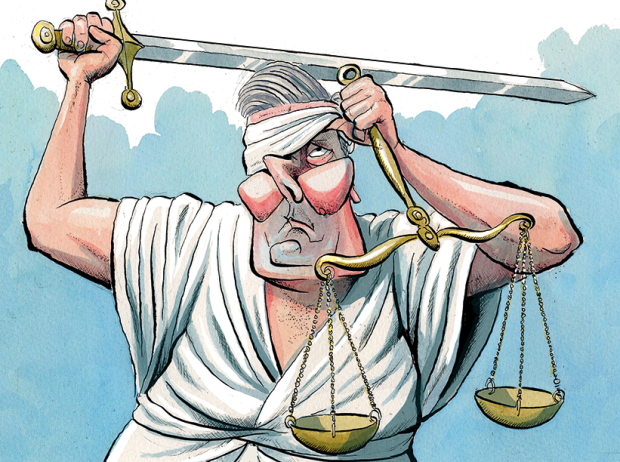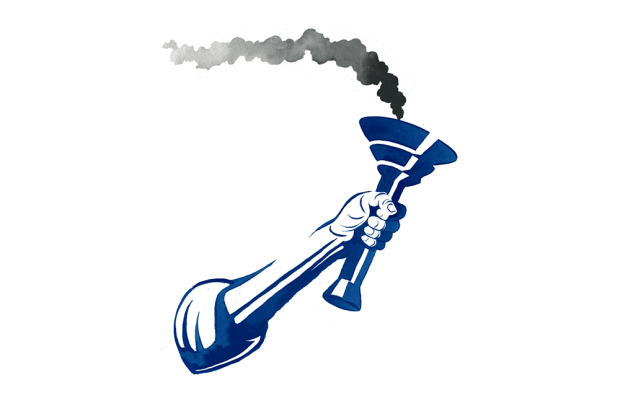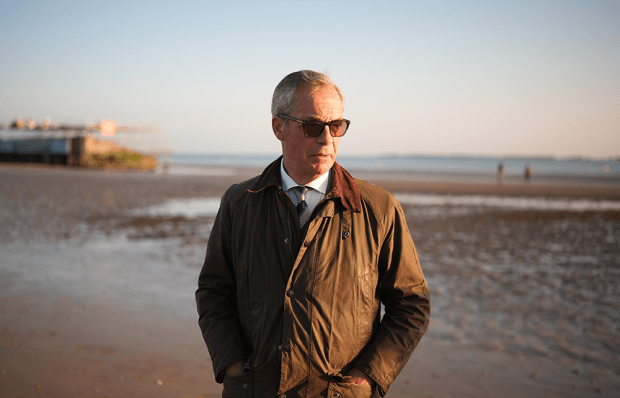Why we allowed it
Sir: In her article ‘Why didn’t more people resist lockdown?’ (3 September), Lionel Shriver partially answers her own question. Priti Patel told us it was our public duty to shop our neighbours if they had three friends to tea, and our previously invisible police force started to patrol parks and beaches with unprecedented vigour, with a threat of £1,000 fines for malfeasance.
Already a subscriber? Log in
Subscribe for just $2 a week
Try a month of The Spectator Australia absolutely free and without commitment. Not only that but – if you choose to continue – you’ll pay just $2 a week for your first year.
- Unlimited access to spectator.com.au and app
- The weekly edition on the Spectator Australia app
- Spectator podcasts and newsletters
- Full access to spectator.co.uk
Or
Unlock this article
You might disagree with half of it, but you’ll enjoy reading all of it. Try your first month for free, then just $2 a week for the remainder of your first year.














Comments
Don't miss out
Join the conversation with other Spectator Australia readers. Subscribe to leave a comment.
SUBSCRIBEAlready a subscriber? Log in